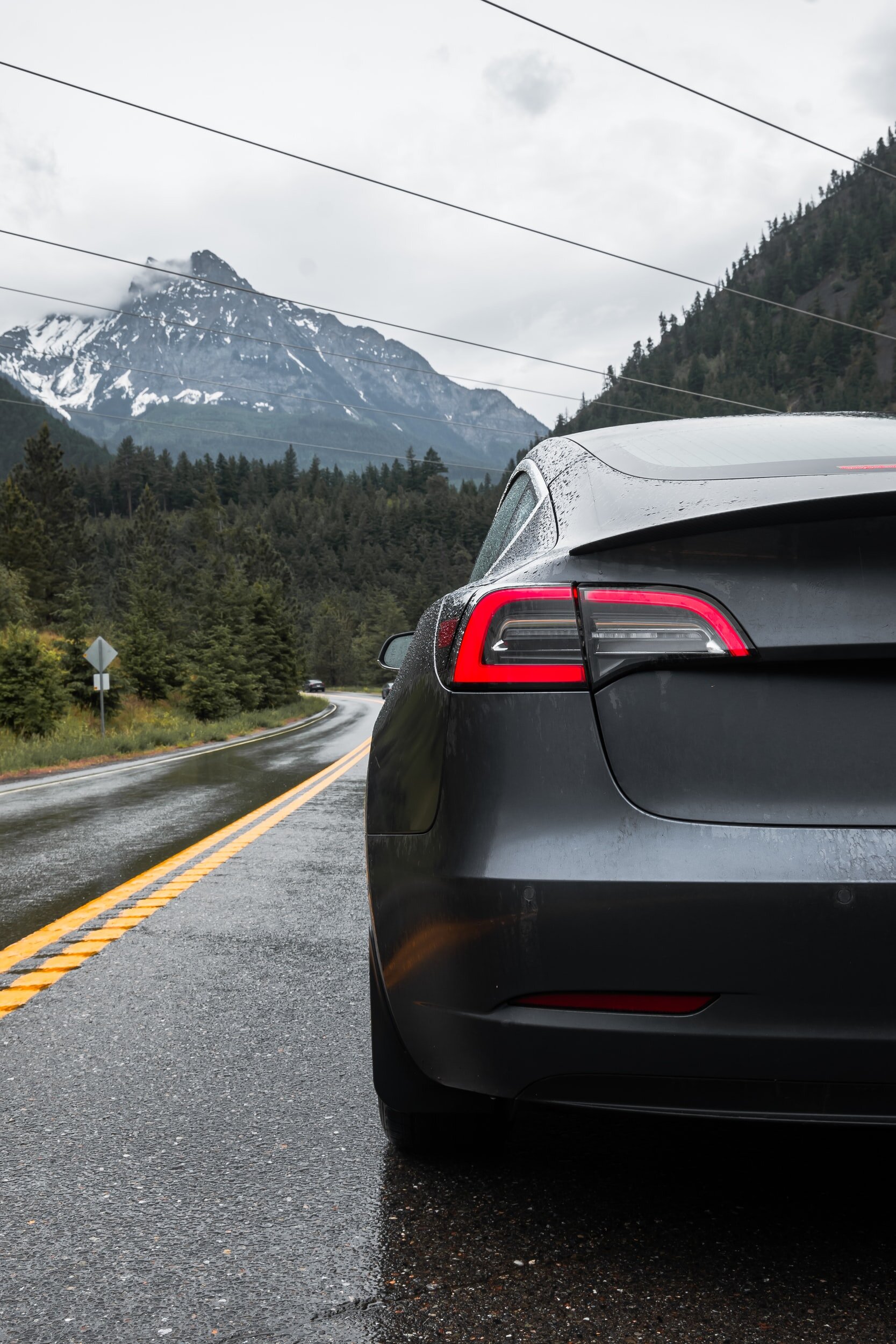Electric vehicles: truths and myths
Whenever a disruptive technology gains traction in the market, it is usually surrounded by myths, often perpetuated by those with a vested interest in maintaining the status quo. This article is our response to three of the biggest myths surrounding electric vehicles (EVs).
1. EV’s don’t significantly mitigate carbon emissions?
Think tanks like the CATO Institute have produced a wealth of research on how electric vehicles are equally, or more polluting than vehicles powered by fossil fuels. They also pour resources into pushing back against a policy that has been introduced to expedite that transition from fossil-fuelled vehicles to EVs. However, a brief Google research reveals that the CATO Institute is funded by the Koch Brothers. The Koch Brothers have accumulated their huge wealth, in part, from their multiple oil refineries across the states. So, it’s fair to argue that their organisation’s stance on EV is far from objective.
On the other hand, more objective sources like Carbon Brief, who take a data-driven approach to the analysis of climate-related issues, paint a very different picture. In a nutshell, they found that comparisons between electric vehicles and conventional vehicles are complex. They depend on the size of the vehicles, the accuracy of the fuel-economy estimates used, how electricity emissions are calculated, what driving patterns are assumed, and even the weather in regions where the vehicles are used. There is no single estimate that applies everywhere. Their comprehensive study revealed that as EV batteries continue to be produced more efficiently, and the grids that support EVs are decarbonised, whilst not being a standalone fix-all for climate change, they will play a vital role in its mitigation.
2. EVs are useless for long journeys
Many reports in the auto press have expressed frustration regarding the limited range of electric vehicles. This is often attributed to poor battery performance and lack of infrastructure.
However, these concerns are rapidly becoming dated. For example, the latest Tesla models now have an official range for 402 miles on a single charge. To remain competitive, other manufacturers will have no choice but to keep up.
It’s also likely that anxieties surrounding charging infrastructure will soon be a thing of the past. A glance at Zap-Map reveals that 20,000 EV charge points are spread fairly evenly across the UK. This is more than double our 8,380 petrol stations, which have declined by 35 % since the year 2000. Alongside our government’s huge drive to rollout EV infrastructure and rapid advances in superfast charger technology, concerns around EV range will soon be a thing of the past. In the interim, websites like Zap-Map are useful tools for informing if there is currently sufficient infrastructure to support your journeys by EV.
3. EV batteries are not sustainable
There are a host of controversies surrounding EV batteries, some are justified and some less so. One of the biggest myths is that EV batteries cannot be recycled, which is simply untrue. Firstly, EV batteries can be recycled at processing centers across the UK. Furthermore, it is now possible to repurpose EV batteries for a number of commercial and domestic uses, like energy storage from solar panels.
However, much of the concern over the environmental and social impacts from the extraction of lithium and cobalt for EV batteries in developing nations is valid. This is because the vast majority of these minerals are currently taken from mines in Africa and South America where regulation is lax. As a result, many thousands of children are exploited for cheap labour in the mines, and little or no measures are taken to prevent toxins from being discharged into local watercourses.
But, in the UK at least, a more sustainable alternative is on the horizon because vast lithium reserves have been discovered in Cornwall. Due to this, the UK is making moves to position itself as a global player in the lithium market. Furthermore, this will mean that lithium batteries may soon be produced in the UK. Thus, eliminating the expensive import taxes that we currently pay on them.
Although there will inevitably some negative environmental and social impacts, regulation in the UK is much tighter than in developing nations where lithium is currently extracted. Additionally, Cornish Lithium, the company that will mine the resource, states that it takes sustainability seriously. This means we as consumers have the power to make our values heard by policymakers and the industry regarding and environmental or social harm that might arise from mining in the UK. Lithium mining in Cornwall also has great potential to revive the Cornish economy whose GDP currently falls way below the national average.
Conclusion
When reading information about EVs it’s vital to consider ‘whose?’ agenda is being promoted. On one hand, scathing criticism of them may well be written by parties that stand to lose out from the transition to electric. On the other hand, articles that don’t acknowledge that they are currently an imperfect solution might be motivated by those who stand to profit from the transition. Regardless, the market is already shifting towards EVs, and all indicators point towards this accelerating in the near future, pun intended.
If one considers that in the early days of fossil-fuelled vehicles drivers endured a maximum speed limit of 4 mph and were required by the Red Flag Act to be led by a pedestrian waving a red flag, it becomes clear that automotive technology evolves rapidly over time. Thus, it’s likely that current issues will become quirks of the past in the near future.
Author Matt Carter


